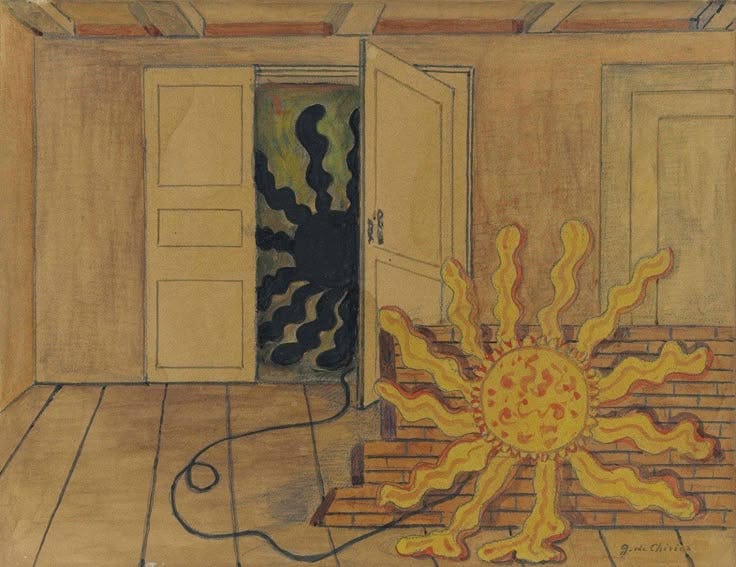The Problem with Calling Ourselves "Creatives"
Today it is common for people to refer to themselves as “creatives,” as if they're an alien race arriving on earth to enlighten us through their supernatural artistic abilities.
Today it is common for people to refer to themselves as “creatives,” as if they’re an alien race arriving on earth to enlighten us through their supernatural artistic abilities. I understand the need for a label — a descriptor of what one does and why one does it. But at what points do our labels defeat us? Where do the boundaries exist between what we do, why we do it, and just fulfilling a label?
The problem with calling people “creative” is it assumes a group of people are out there who are not. The label, “creative,” comes with the baggage of what is and what isn’t creative. I see the label, “creative,” too often box people in to an illusion of what’s creative, sacrificing their innate being, which was designed within the laws of a naturally creative universe.
Predominantly in Western culture, we have the tendency to associate creativity with visibility. Presumptively, creative acts have always worked to make the invisible visible. In early societies, these acts were done to elevate the natural word, Gods, and ancestors. Creativity was an offering, rather than a taking, of life itself. Today, creativity is mainly thought of as a self-created material thing that adds to, rather than is born from, the spiritual cosmos. It enhances visibility of self, rather than self’s connection with all other things.
In simpler terms, the human label “creative” sequesters responsibility for cosmic magnificence to exclusive, individual human achievement. It demarcates separated self as orchestrator in the evolution of the universe, rather than approaching self like an instrument for the omnipotent music that emanates from the grasses, up to the heavens, and back to us.
Why criticise the label “creative,” though, in the first place?
For one, it calls attention to a dualistic worldview where human ego is seen as the ultimate Source of meaning, and the natural world as a dead object that can be contorted to meet those meaning systems.
Secondary and maybe even more importantly, it hurts. It hurts to think of some people as more “creative” than another, because deep down inside of us, I think we know that creativity pulses through everything. To feel cut off from that — because we don’t produce visual art or can’t read sheet music — is bullshit. Going on the human journey is, by nature, an act of art happening through you. We are the canvas, our complex experiences are the paint, and our stories are the exhibition. Everybody has one, and nobody is different because they use actual paints, canvases, or host exhibitions.
The third and final critique I have of calling ourselves “creatives” is that we undermine ourselves so much by doing so. Calling ourselves “creatives” finalises a process that is never done — the process of finding out who you are. Just because you’re making physical art one day, does not mean you won’t go off and become a marine biologist tomorrow because fall in love with that process. My point is to call attention to the distinctions we make between life and art: is there one? Or are life and art both symptoms of an imminent creative life force pulling us and pushing us in new directions constantly, testing our strength, bringing us to our knees, infecting us with tears, and curing us through sunlight? Is any human immune to the creative hands that weave together our very anatomy and life experiences? If so, I would like to meet one of those “un-creative” types.





Very well said. Humans are marvelously creative with food with life hacks etc.